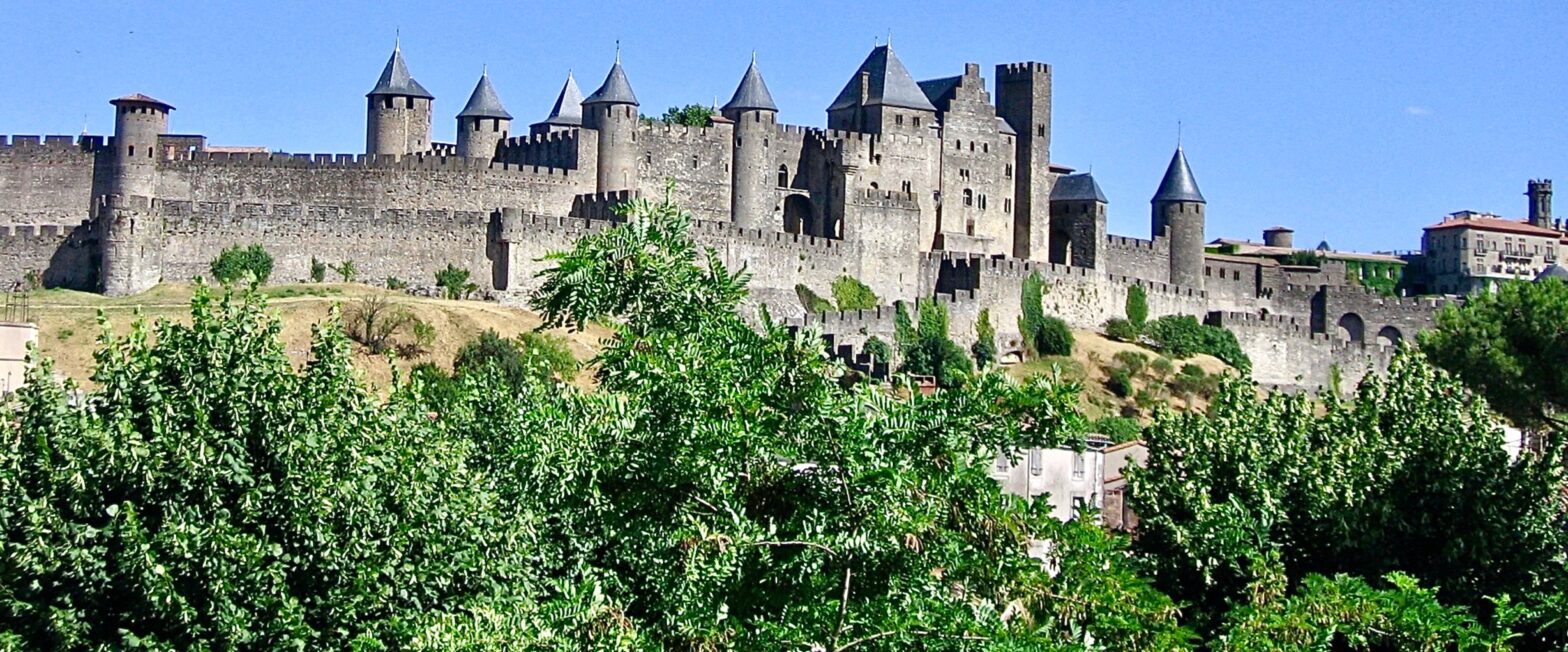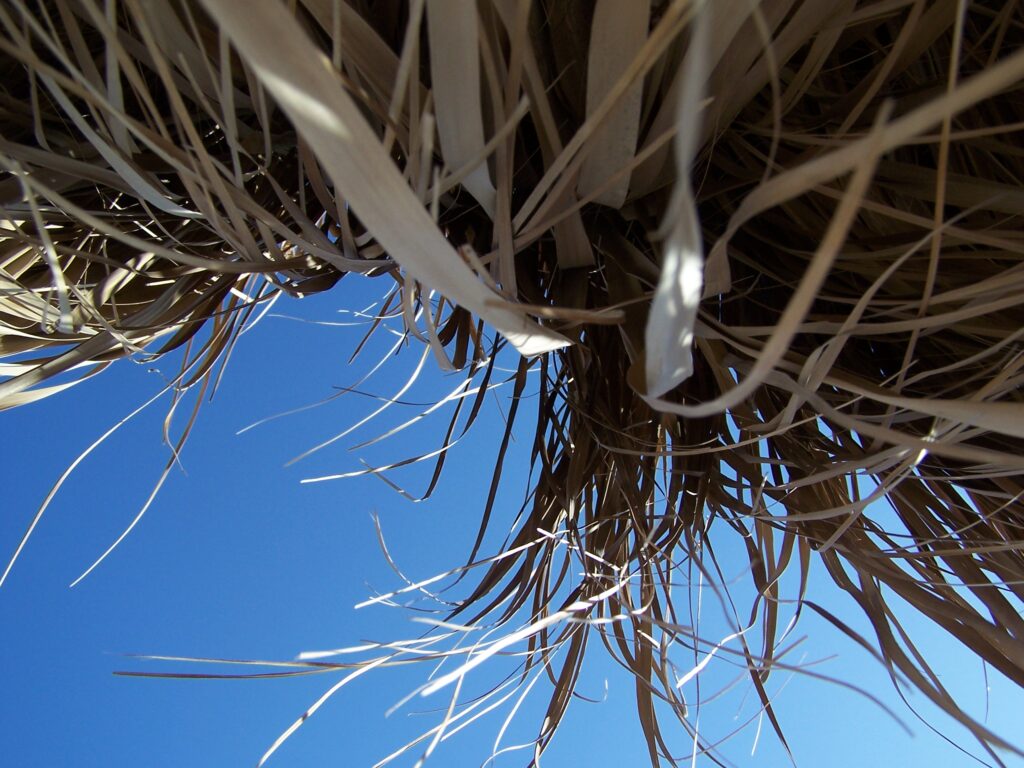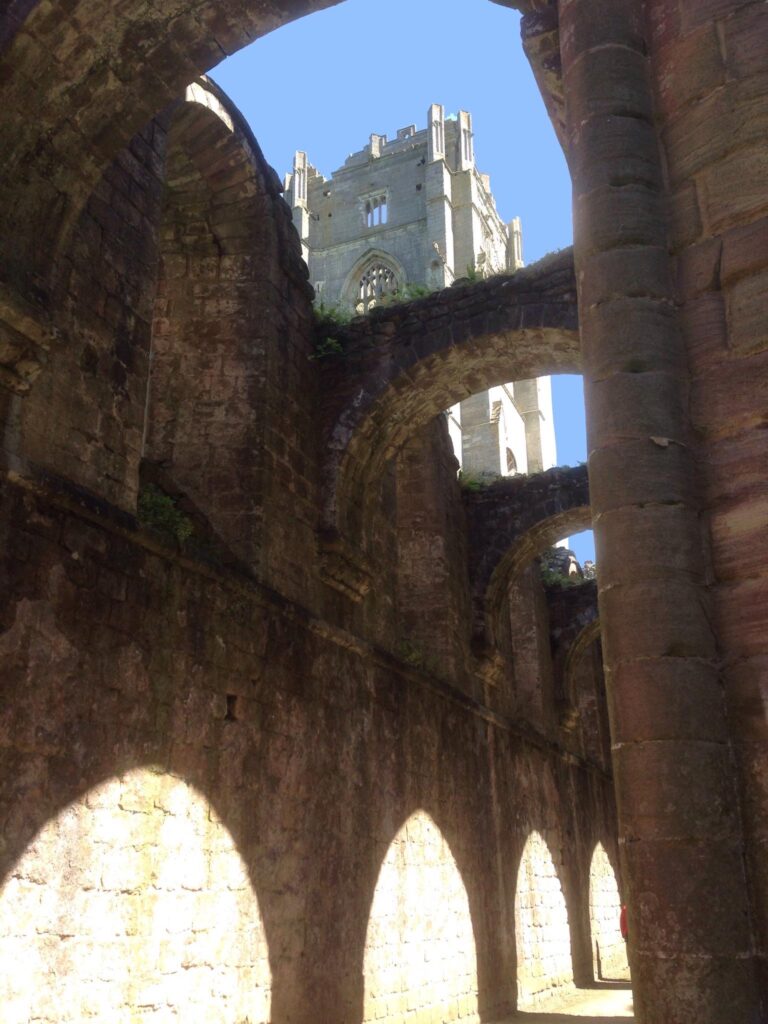I will say to the LORD, “My refuge and my fortress,
Psalm 91:2
my God, in whom I trust.”
I spent some time looking at Psalm 91:1 previously. As I continued on, I noticed a relationship between verse 1 and verse 2 of Psalms chapter 91.
- Both verse 1 and verse 2 are in the first person (I, me)
- Verse 3, until the end of ch 91 are third person (He, you…)
- Both vs 1 and 2, even at the surface, seem to be saying the same thing over and over again… different ways that God protects us
91:1-2 go together
He who dwells in the shelter of the Most High
Psalm 91:1
will abide in the shadow of the Almighty.
I will say to the LORD, “My refuge and my fortress,
Psalm 91:2
my God, in whom I trust.”
There are 4 different ways the psalmist described God’s protection
- Psalm 91:1 protection
- Psalm 92:2 protection
It may be tempting to dismiss all of this variation as mere poetry flowing from an artist and not much else, but let’s meditate on these words. Let’s appreciate the diversity of the psalmist’s attributes of the creator. Furthermore, let’s praise a God who is so huge and is the source of everything – that He can be described in so many different and wonderful ways.
1) Dwell in a shelter, Most High God
Dwell (yāšaḇ) is used throughout the Old Testament where someone stays somewhere, sitting comfortably, or living in a place permanently. Abraham stayed in Canaan for 10 years for example (Genesis 16:3).
Shelter (sēṯer), is consistently a place or state of secrecy or hiding or something concealing like the clouds described in Job 22:14. Ehud’s secret mission to assassinate Eglon is another example (Judges 3:19) of this word. Another instance was when Jonathan warned David to hide away in a secret place from Saul ( 1 Samuel 19:2).
As for how God is described in this first part of 91:1, the name for God here literally means very high or the highest. God is above us, elite, royal, majestic.
The picture here?
Imagine a safe house, deep in the forest. It is owned by the king and the king has sent you there to stay for a very long time for your own safety.
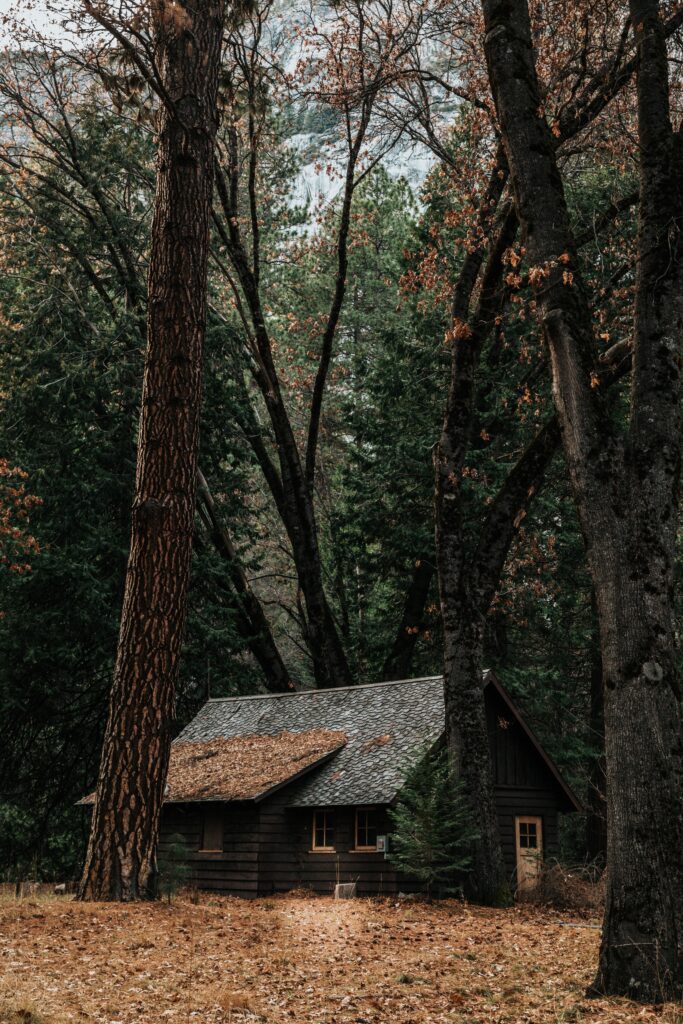
Photo by Nathan Dumlao on Unsplash 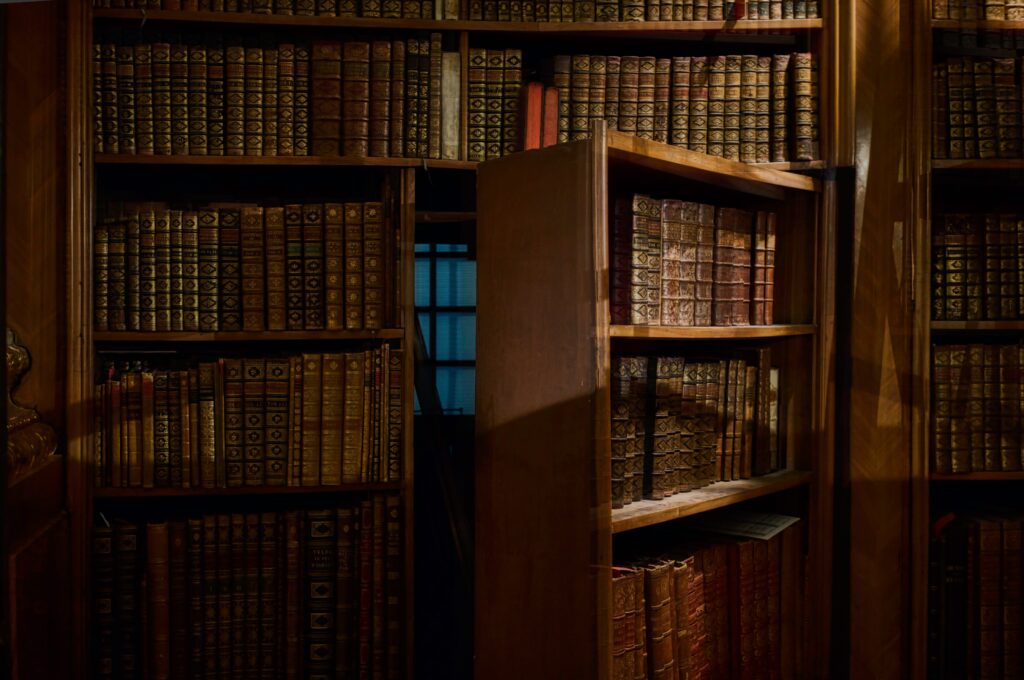
Photo by Stefan Steinbauer on Unsplash 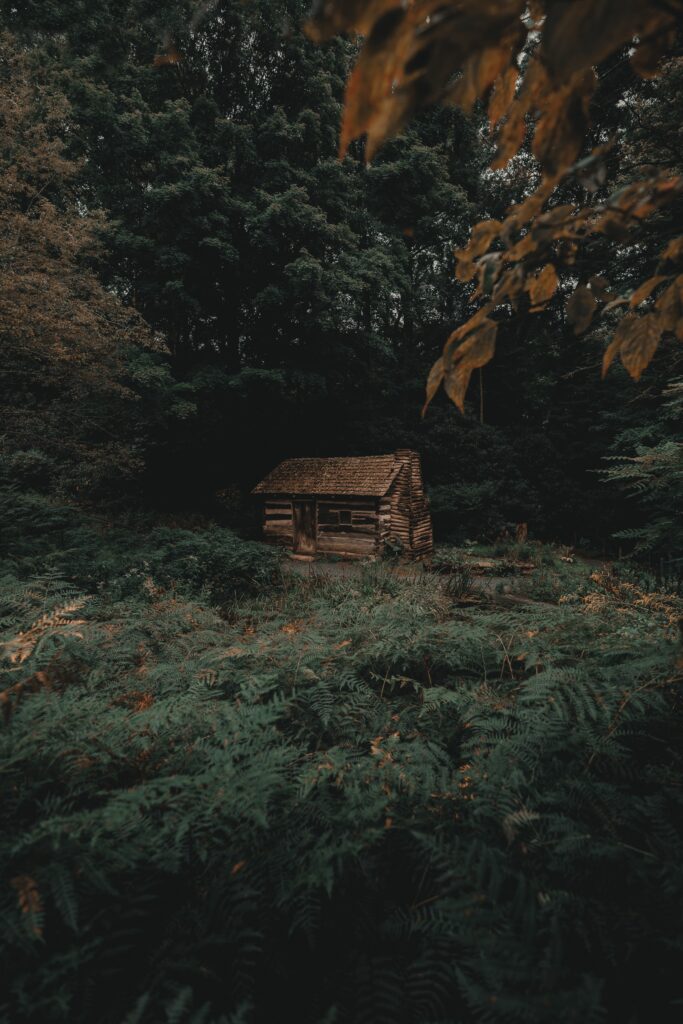
Photo by Clay Banks on Unsplash
He who dwells in the shelter of the Most High
2) Abide in a shadow, God as Shaddai
Abide (lûn) is mostly translated as staying somewhere short-term like lodging for a night, oftentimes impromptu. When Joshua and the Israelites stayed over at the Jordan River before crossing, it was this word.
Shadow (ṣēl) is often a literal shadow and often a shade in context (Psalm 36:7). It can sometimes be used in a figurative sense as remnants of what has passed by or a reflection of something temporary (Job 8:9, Psalm 144:4). Both this “shade” and “fleeting presence” are used in the book of Psalms.
Shaddai (šaday) means almighty or most powerful. It is often used as a name for God.
The picture here?
A comforting shade, intentionally offered by someone powerful, provided when we need it most.
abide in the shadow of the Almighty
The relationship between #1 and #2
He who dwells in the shelter of the Most High
Psalm 91:1
will abide in the shadow of the Almighty.
Verse 1 tells us that he who does this will also do/have this.
In other words, as we have discussed, the person who is taken in by the most high King and make the King’s safehouse their home…
will…
Benefit from the amenities therein which is shade of relief when we a rest from the mission.
3) God as a refuge
This word for refuge (maḥăsê) is often used in Old Testament contexts where there is an external, active threat and someone is seeking safety from it. This could be a storm, evil, or some other danger.
- Isaiah 28:15
- Jeremiah 17:17
- Joel 3:16
- Isaiah 4:6
- Job 24:8
The picture here?
In the midst of a harmful environment, there is a safe cover nearby to retreat to.
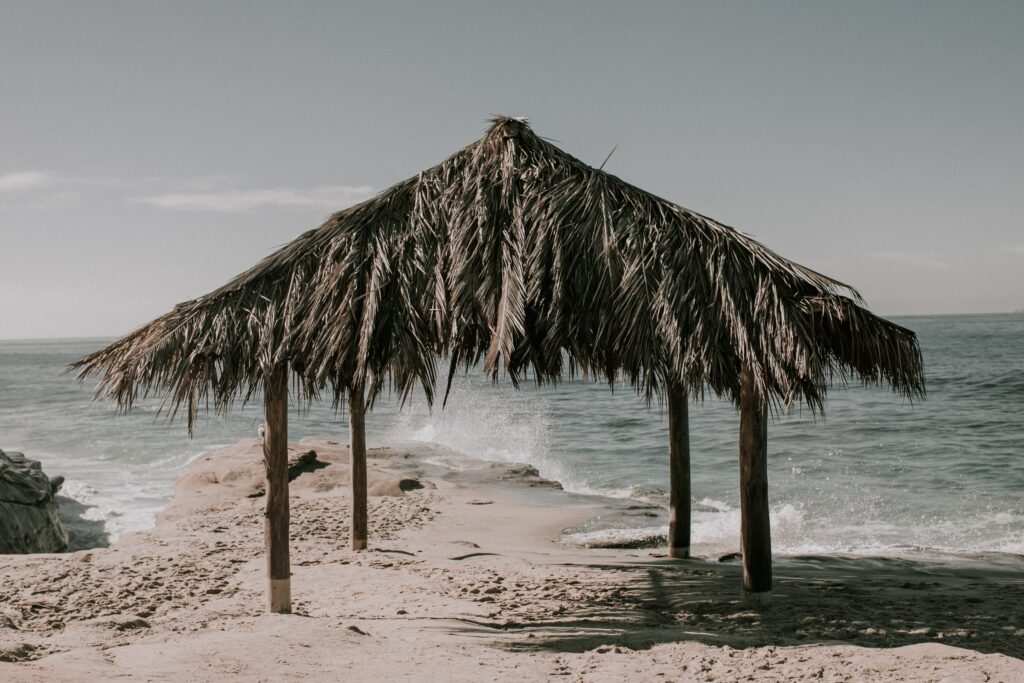
Photo by Kelly Balch on Unsplash 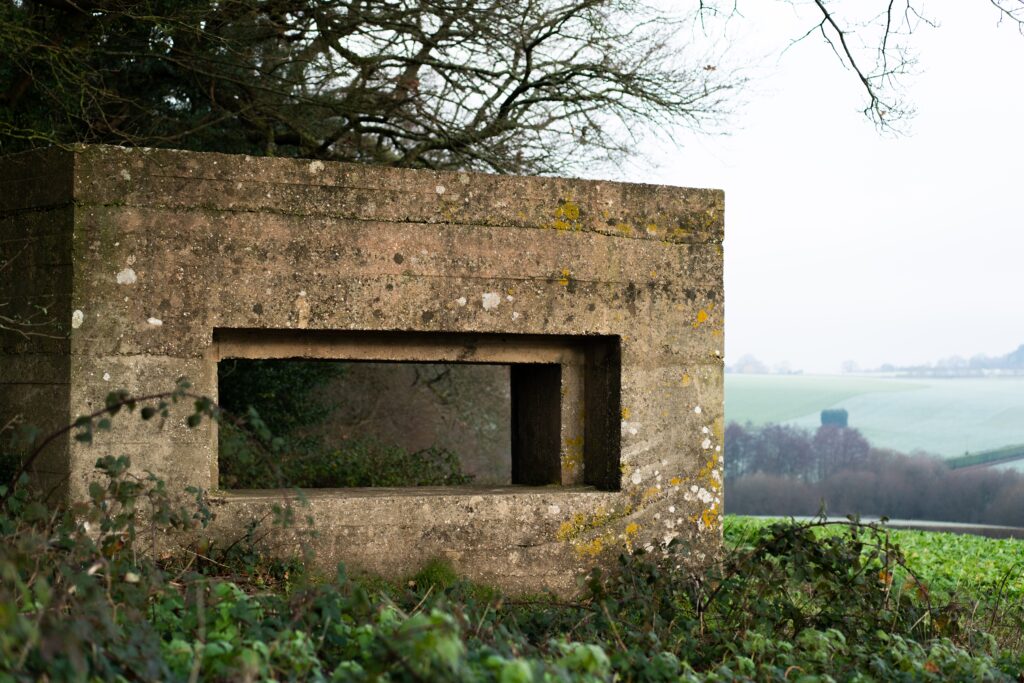
Photo by Ben Collins on Unsplash 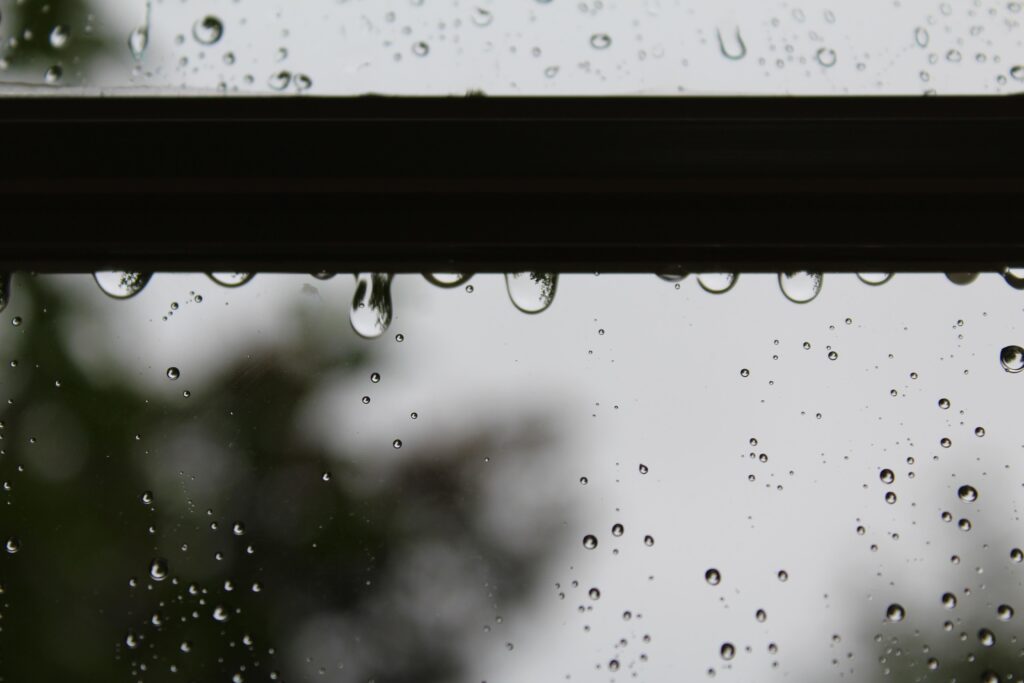
My refuge
4) God as a fortress
In contrast to the refuge (maḥăsê) above, this fortress (māṣûḏ) is no place to run to get out of the rain. This is a military stronghold to build on and make secure (2 Samuel 5:9). We can go there for safety as David sometimes did, but this is also a place to fight from and keep watch.
The picture here?
A strong military installation of strategic importance.
Praise God for His dependable and complete p
Praise God for His dependable and complete protection. God provides protection that is like:
- A permanent safehouse provided by the king that we can call our own
- A parent pulling out a shade for relief from the heat
- A storm shelter we can run to
- A military stronghold where we can take a stand
